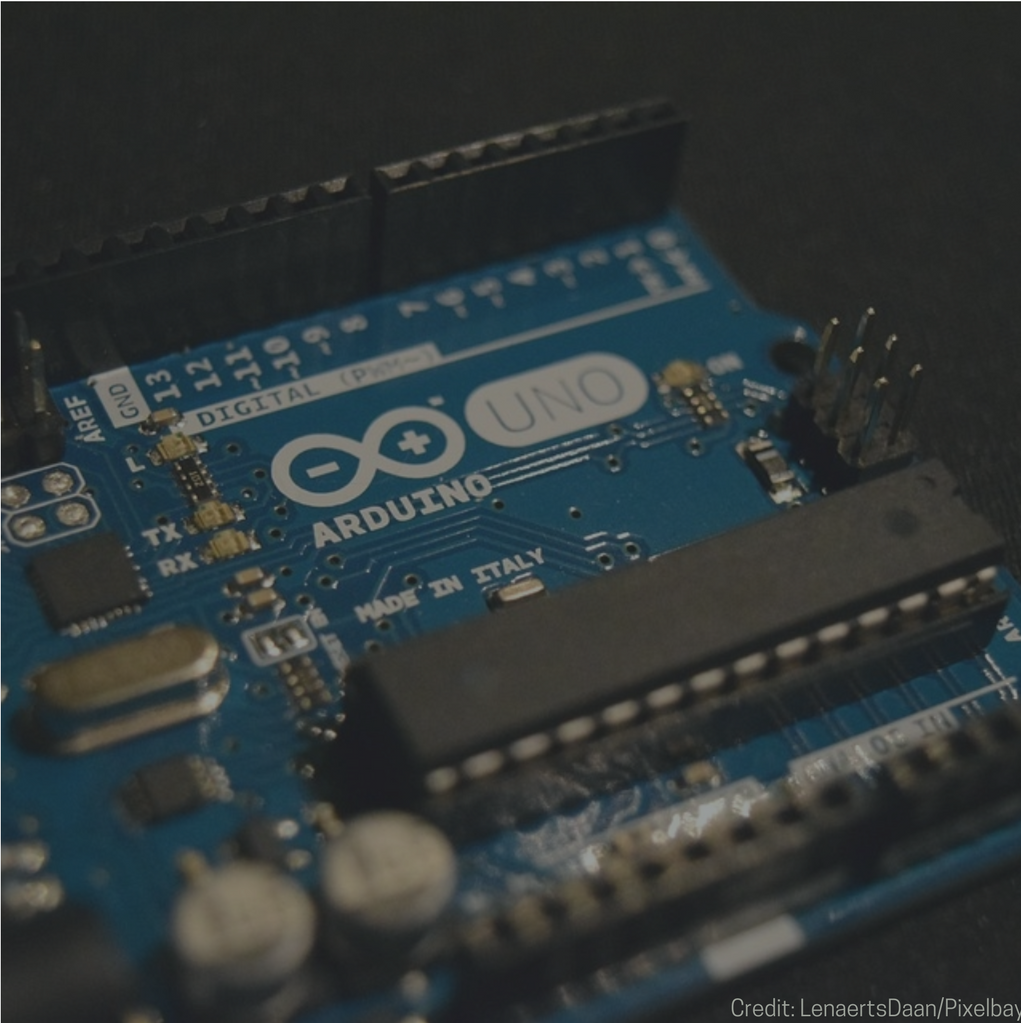
But after “a career of telling people to get out of my office so I could get my work done, I got lonely,” he said.
So he started hanging around UC Berkeley again, going to seminars and research meetings.
“At some point they said, ‘you know, we should put you on the payroll,’” Allman said.
So he is now, at least technically part-time, working on data storage and security for the Internet of Things, among other things.
“I am one of these people who gets bored easily,” he said, listing off other things like speech recognition, neural networks, and text processing software that he has also been involved in.
IoT security is of particular interest to him, he said, because there are so many new devices being created. And while many people and companies are aware of the security problems—even building them with known security holes—“no one wants to do anything about it … or they don’t want to pay the costs,” Allman said.
“The fact is, we are building a weapon for somebody else to use against us,” he said. “I’m very nervous about it.”
So what’s the solution?
“We should never put those devices directly on the Internet,” he said. “They should have limited connectivity to do their thing, and go through some kind of gateway.”
If something is connected to the Internet, he said, “you ought to be able to remotely update the software and you need to make a serious commitment to keep it up to date.”